Earnings from exports remained robust in September 2022, while import expenditure declined for the seventh consecutive month, on a year-on-year basis, reflecting the significant reduction in imports of non-food consumer goods and investment goods. As a result, the merchandise trade deficit recorded a notable contraction in September 2022, (y-o-y). Workers’ remittances increased marginally in September 2022, (y-o-y). Earnings from tourism recorded an increase in September 2022, compared to the same period in 2021. Foreign investment in the government securities market and the Colombo Stock Exchange (CSE) recorded a notable net inflow during September 2022. The Central Bank continued to provide forex liquidity to finance essential imports, exhausting the liquid level of gross official reserves. Meanwhile, the weighted average spot exchange rate in the interbank market remained around Rs. 362 per US dollar during the month.







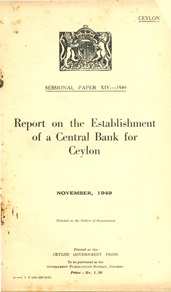
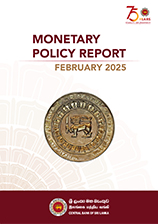
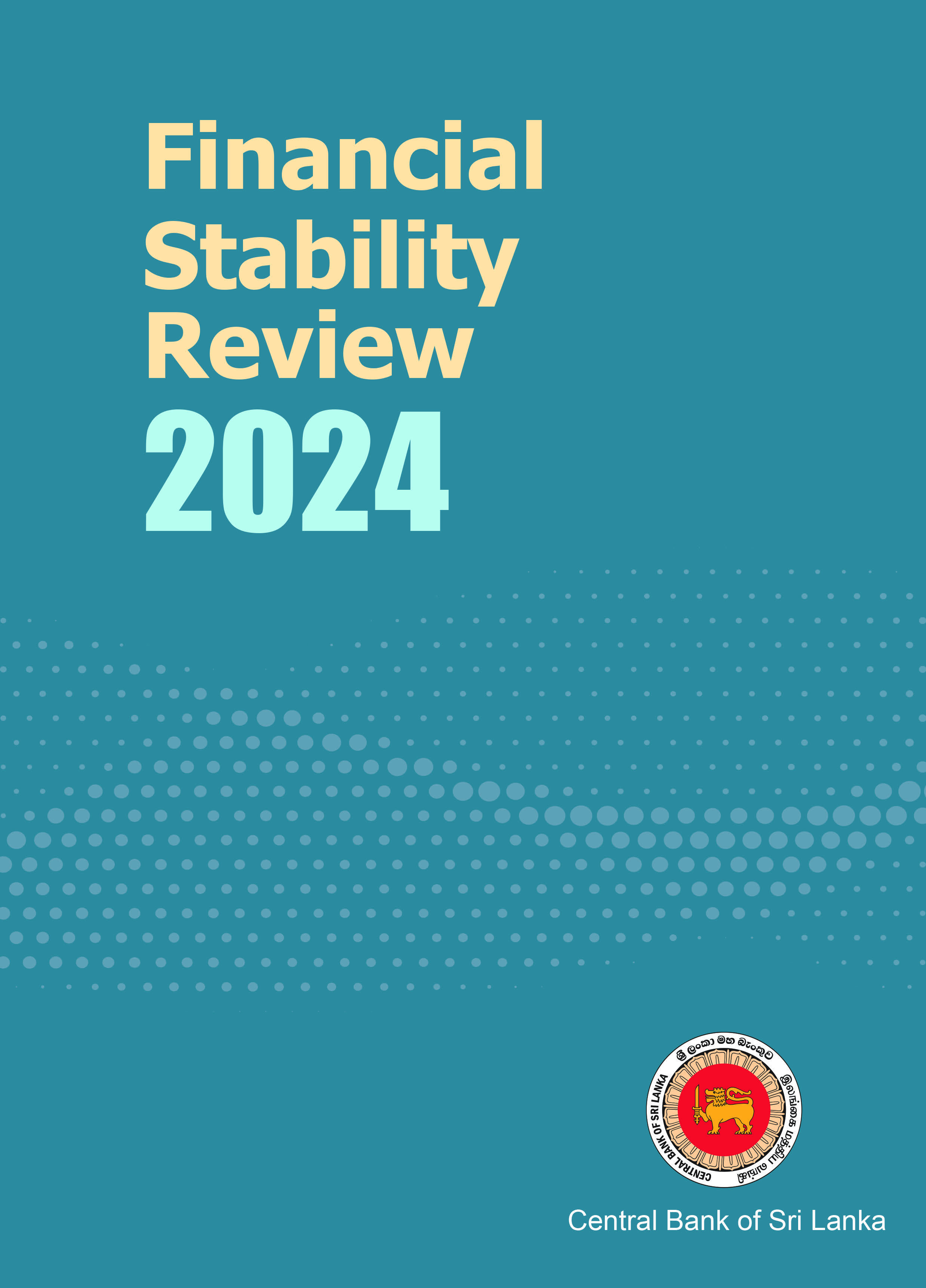
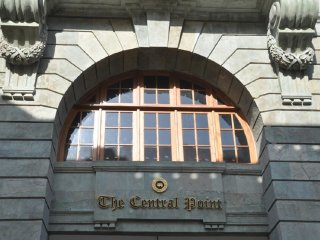
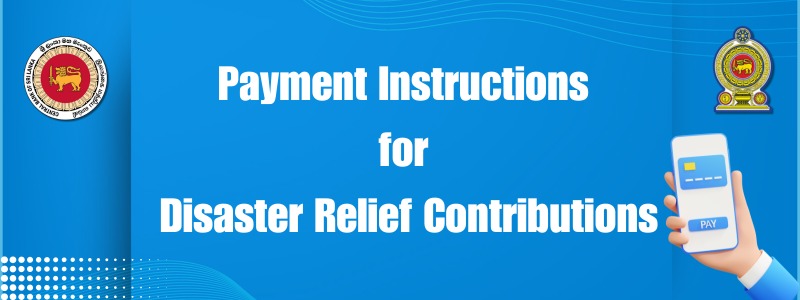


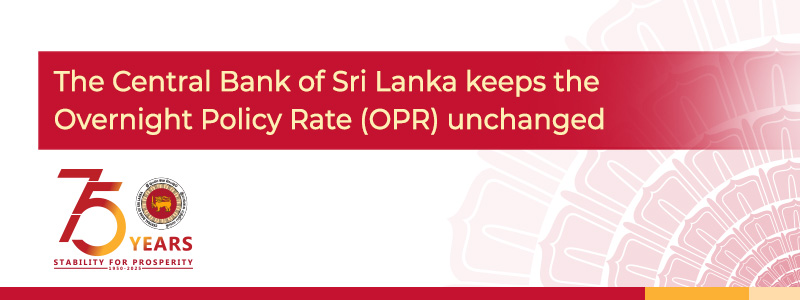


 The Monetary Board, with the concurrence of the Hon. Minister of Finance, has promoted Mrs. K M A N Daulagala, Assistant Governor and the Secretary to the Monetary Board, to the post of Deputy Governor of the Central Bank of Sri Lanka (CBSL) with effect from 07 October 2022.
The Monetary Board, with the concurrence of the Hon. Minister of Finance, has promoted Mrs. K M A N Daulagala, Assistant Governor and the Secretary to the Monetary Board, to the post of Deputy Governor of the Central Bank of Sri Lanka (CBSL) with effect from 07 October 2022.